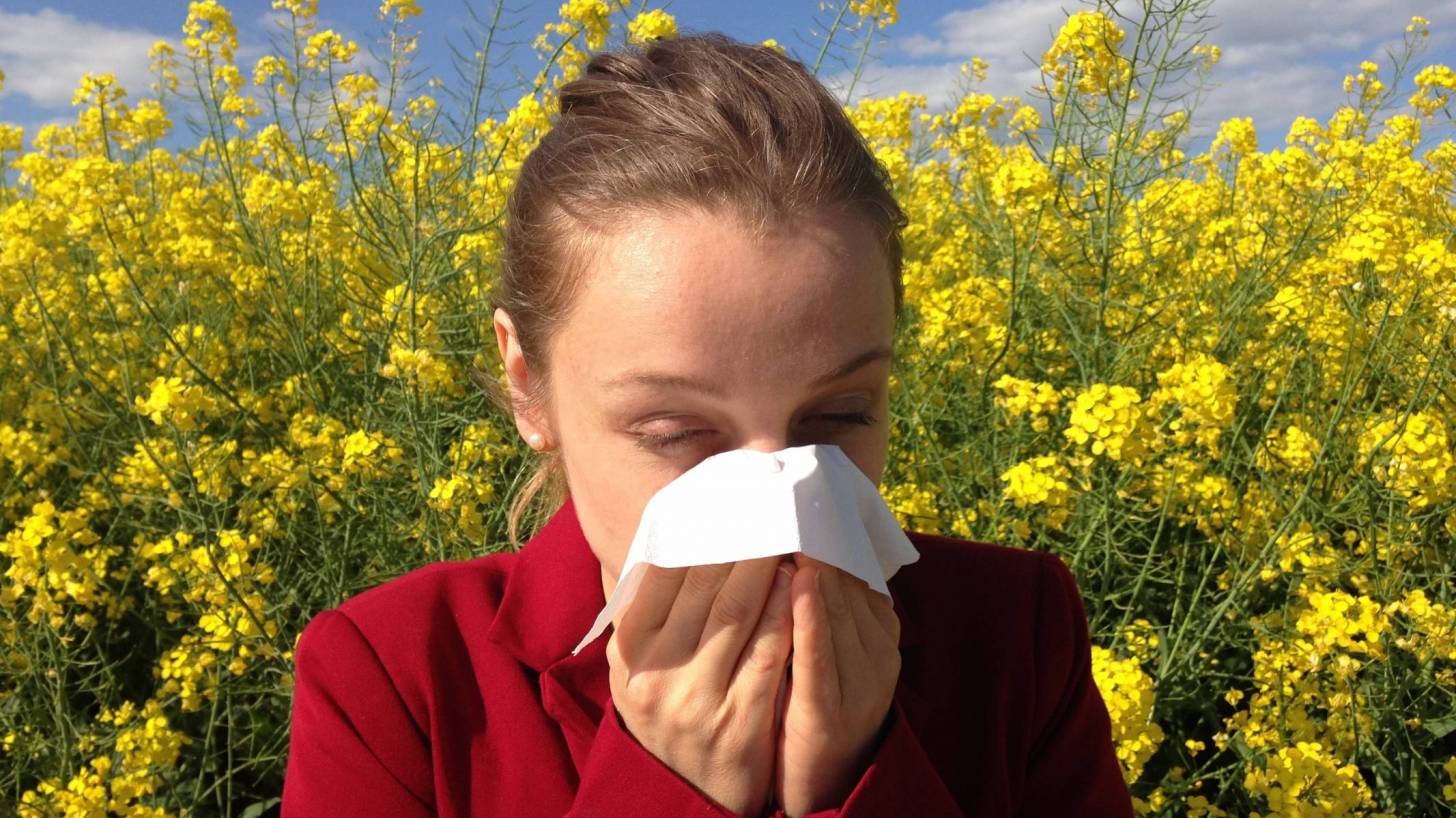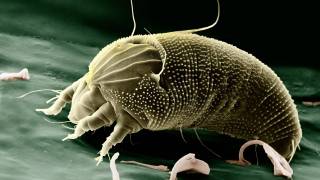Grass Pollen Allergy Vaccine Candidate Shows Significant Symptom Improvements

An allergy vaccine biotechnology company announced in a press release positive data demonstrating the long-lasting efficacy of Pollinex Quattro Grass in patients with grass pollen allergy.
This small study of 68 patients with allergic rhinitis to grass pollen concluded that patients treated with Pollinex Quattro Grass vaccine exhibited significant and long-lasting symptom improvements 3-6 years after cessation of treatment.
The observational study reported each of the clinical symptoms, such as a runny nose, sneezing, and conjunctivitis were statistically significantly reduced in treated patients.
Professor Stefan Zielen, of the Goethe University, Germany, and author of the paper said: “Our paper highlights the benefits that this allergen-specific immunotherapy can offer allergy sufferers, in terms of patient convenience, as well as the potential for positive and long-lasting effects.”
Manuel Llobet, CEO at Allergy Therapeutics, said in a press release, “This paper validates earlier studies indicating Pollinex Quattro is disease modifying for the many patients affected by grass allergy.”
The data presented supports earlier studies investigating Pollinex Quattro in 2007 and 2017.
This study concluded saying ‘Larger trials are needed to support this finding.”
“A vaccine to combat grass allergies would bring long-awaited relief to seasonal allergy sufferers. The success of this vaccine brings hope that other common allergens (peanuts and bee stings) may also be close to a successful vaccine as well,” says Lauren Ragan, Pharm.D. MTM Clinical Pharmacist and Immunization Specialist for Brookshire Grocery Company.
“If you know you have severe allergic reactions be sure to talk with your pharmacist about having an EpiPen on hand,” Ragan said.
Allergies are the 6th leading cause of chronic illness in the U.S.A., with more than 50 million Americans suffering from allergies each year, says the Centers for Disease Control and Prevention (CDC).
Allergies are an overreaction of the immune system to foreign substances that generally do not affect other individuals.
It could be something you eat, inhale into your lungs, inject into your body or touch. These substances, or allergens, can cause sneezing, coughing, and itching.
Our Trust Standards: Medical Advisory Committee
- Allergy Therapeutics announces data demonstrating long-lasting efficacy of Pollinex Quattro Grass vaccine in Immunotherapy
- Long-term effect of monophosphoryl lipid A adjuvanted specific immunotherapy in patients with grass pollen allergy
- Can anti‐IgE therapy prevent airway remodeling in allergic asthma?
- Characteristics of intermittent and persistent allergic rhinitis: DREAMS study group
- Subcutaneous Immunotherapy for the Treatment of Allergies: A Review of the Clinical Efficacy, Safety, and Guidelines
- Differentiation stage determines pathologic and protective allergen-specific CD4+ T-cell outcomes during specific immunotherapy
























